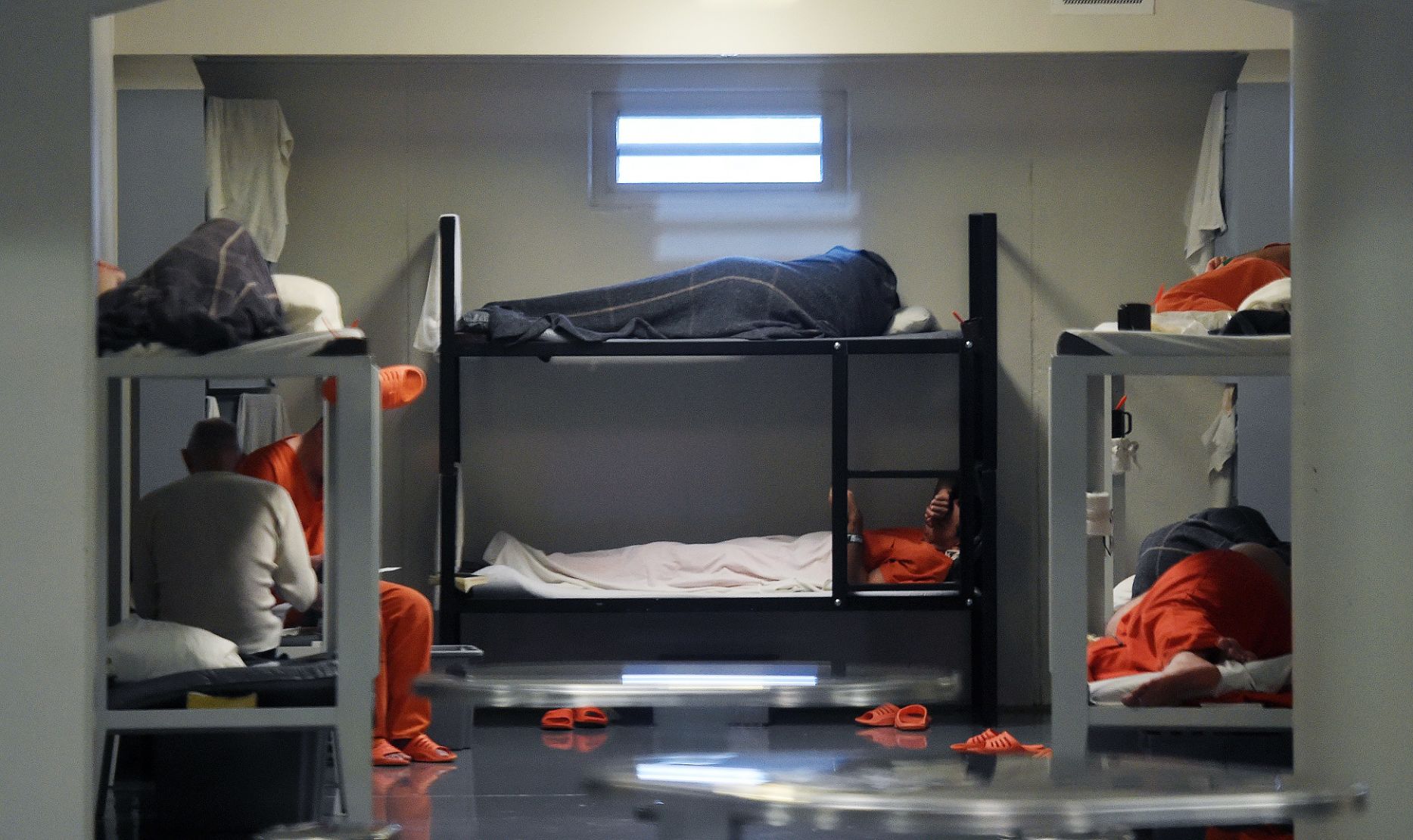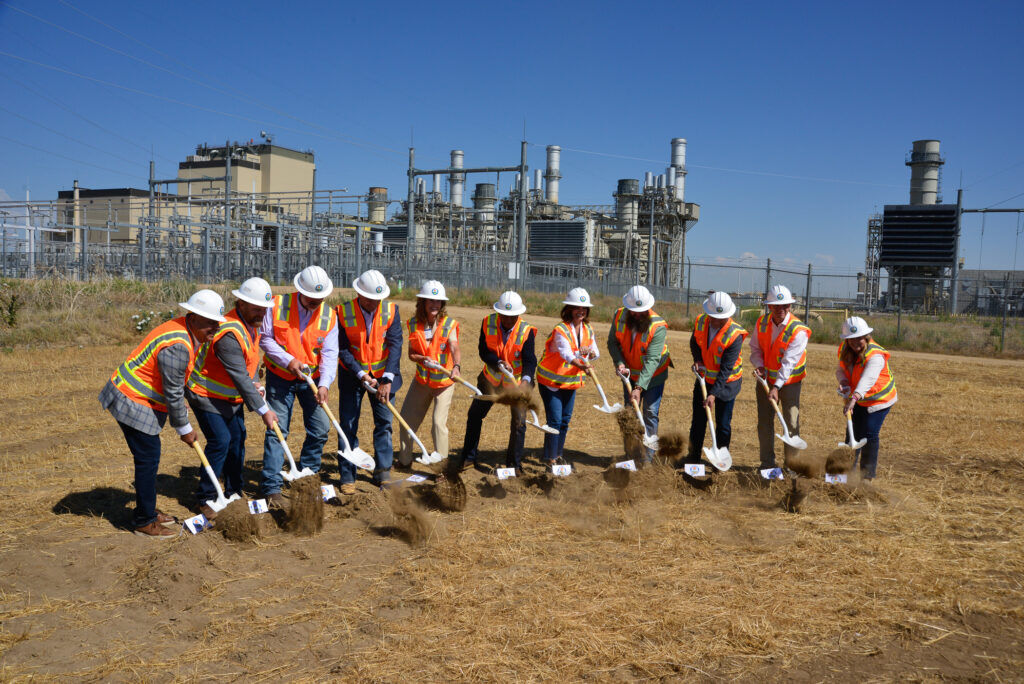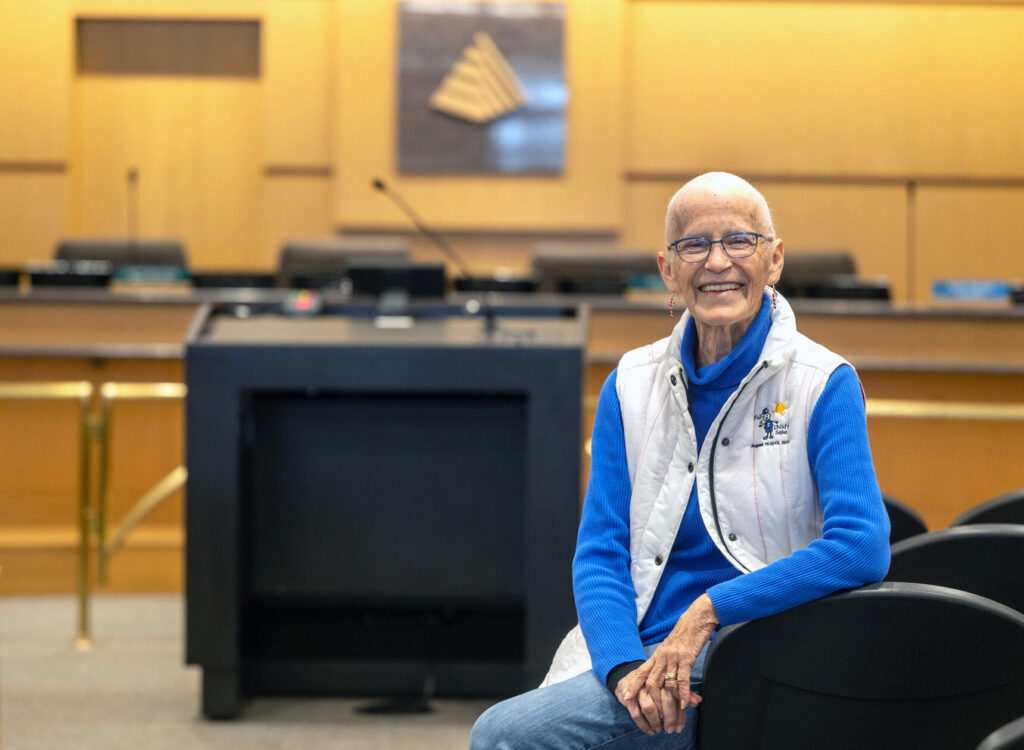Colorado legislature unanimously OKs expanding post-conviction DNA testing

In the 20 years since Colorado’s post-conviction DNA testing law was established, only three people have been exonerated for DNA-related reasons.
Colorado lawmakers want to change that with House Bill 1034, an effort to expand access to post-conviction DNA testing. The state legislature unanimously approved the bill on Wednesday with the Senate’s final vote.
Now, the bill only needs approval from the governor to take effect.
“Wrongful convictions are a problem in Colorado, just as they are across this country,” said bill sponsor Sen. Julie Gonzales, D-Denver. “By improving our statute and bringing it in line with other statutes around the country, we can enable petitioners to access post-conviction DNA testing to prove their innocence, identify the actual perpetrators of the offenses, and reclaim their freedom.”
If signed into law, the bill would increase eligibility for people convicted of felonies to receive DNA testing. Current law only allows people who are actively incarcerated to receive the DNA testing, but the bill would open it up to people on felony parole, registered sex offenders, people who have completed their sentences, and people who were found not guilty by reason of insanity.
The bill would also permit courts to order DNA testing if there is a reasonable probability that the person would not have been convicted if DNA testing produced a favorable result at trial.
Proponents of the bipartisan bill – sponsored by two Democrats and two Republicans – called Colorado’s current post-conviction DNA testing law outdated, pointing out that it hasn’t been updated since it was established in 2003.
Robert “Rider” Dewey is one of the three Coloradans exonerated for DNA-related reasons under the current law.
Dewey spent nearly 18 years in prison after being sentenced to life for the rape and murder of a 19-year-old Palisade woman in 1994. While testifying in support of the new bill, Dewey said he repeatedly requested DNA testing while in prison but was denied for years until connecting with the Innocence Project in 2007. Even then, the testing wasn’t completed until 2010 and the conviction wasn’t overturned until 2012.
“While I was in there, my son died. My only child,” Dewey said in his testimony. “I’ve got titanium from my first vertebrate to my pelvis now because of all the stomping I got.”
“I can’t stress DNA testing enough. They could have saved me a lot of headaches.”














